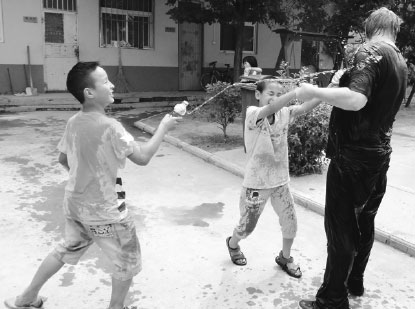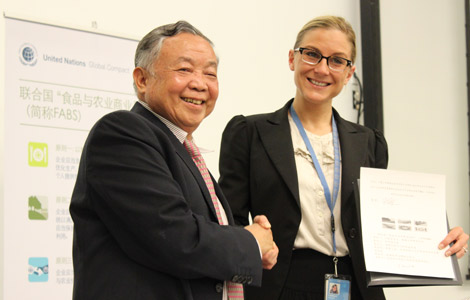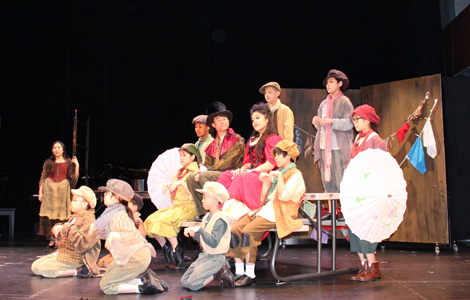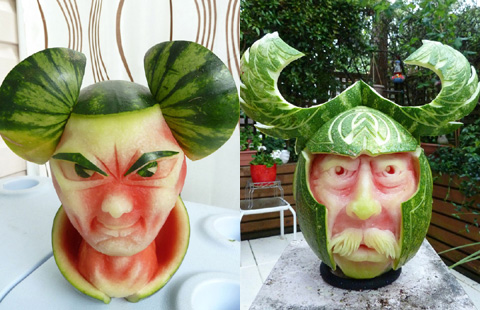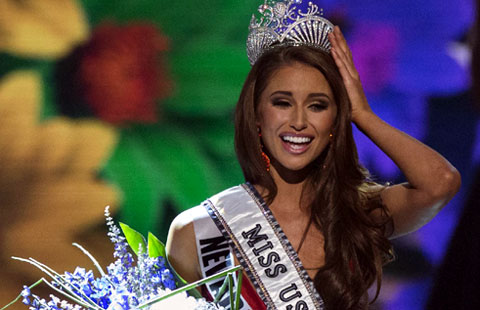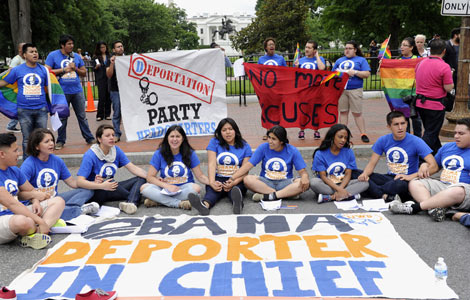Sentences for the innocent
Updated: 2014-06-13 07:12
By Erik Nilsson (China Daily)
|
||||||||
The children of convicted criminals are often the forgotten victims of their parents' crimes. But, as Erik Nilsson writes, it's up to broader society to protect the vulnerable.
The kids were smashing frosting in my face. And I was retaliating with glee. I had always wanted to be in a food fight but never had the chance.
When they glopped seven birthday cakes' worth of icing on one another's face, it was another reminder of these kids' resilience.
It happened to be June 1, International Children's Day.
These are the children of convicts and executed criminals. They live in the Morning Tears center in Henan's provincial capital Zhengzhou.
The right to play is something most kids take for granted.
Play is often a luxury for children of convicts. But compared to "other" kids, including those without such backgrounds, seems enhanced at the Zhengzhou center. I even lived out some of my childhood aspirations, including my first water fight.
I'm 31. But I felt their ages (6-14) that day - and acted as such.
One of the revelations of our family's two-day stay at the center was that these children, at least during our short visit, seemed indistinguishable from other kids. Actually, they seemed better at sharing, and sweeter to our nearly 3-year-old daughter, than most of Lily's "other" peers.
That might, to some extent, stem from growing up with 51 "siblings".
Our stay made clear the benefits of such caretaking centers for children of convicts, who often fall through legal loopholes in China and are subjected to a second sentencing that comes with that of every convicted parent - one society scarcely thinks of.
Yet while they seem well adjusted (and they are compared to the children who face their situation without such social support), psychological scars - sometimes bearing physical manifestations - run deep and often resurface.
The center has an equivalent of a suicide-watch room, mostly for new arrivals.
Two teenage girls took a special interest in Lily. One was as sweet as she could be to her.
But she sometimes wakes up in the middle of the night and beats other kids, caretakers say.
The other child's flesh is crumpled from her arms to her thighs because her parents poured boiling water on her. Yet she was tender to our daughter - perhaps more so than other kids Lily plays with who've never endured such abuses.
However, the healing of psyches not only takes time but also requires a starting point.
A fraction of China's children of convicts - about 300 - are afforded such institutionalized care. About 300,000 of the 600,000 children of convicts had no caretaker in 2011, the Ministry of Justice reports.
In about half such cases, relatives were reluctant to take custody of the children because of stigma.
The ministry says that many of these children that year joined China's 100,000 "street kids", most of whom survive by begging and stealing.
Sentencing criminals is a matter of justice almost nobody questions.
The question then arises of how we should deal with the secondary sentences we give their families and especially their children.
We can - and should - provide resilience opportunities for these kids, who are ultimately innocent. We often view these kids through their parents' violations. But we need to realize we share any failure to address their rights and needs.
That includes failing to provide caregiving housing with therapy - the kind that makes them carefree enough to smash frosting in an "uncle's" face and dash away, giggling. (At least before getting their comeuppances - revenge was sweet that day.)
Their parents' behaviors are largely beyond our control. But ours aren't. We collectively determine what happens in society every day.
Perhaps the most common and disturbing questions these kids ask, caretakers say, is: "Why me?"
We perhaps can't answer this. But we should ask another question: "What role do I play in answering the questions these children have?"
And if we fail to provide them with the means to find their solutions to discovering resilience, well, we're in a way guilty of injustice, too.
But what sentence do we serve?
Contact the writer at erik_nilsson@chinadaily.com.cn
|
Children of convicts and executed criminals in the Morning Tears center in Henan's provincial capital Zhengzhou have a good time playing games on June 1, Children's Day. Photos by Erik Nilsson / China Daily |
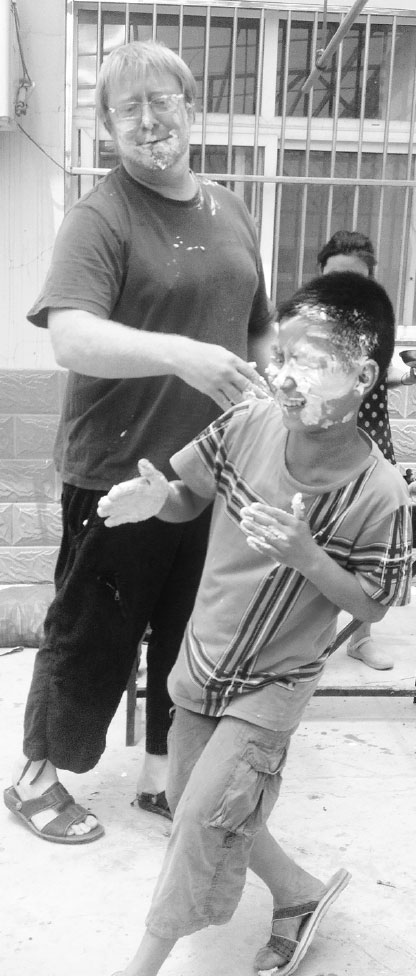
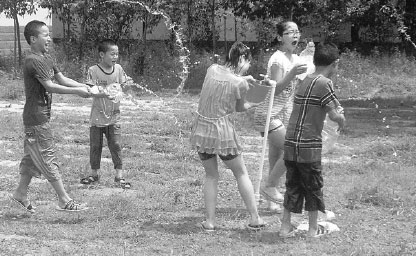
(China Daily 06/13/2014 page20)

 Council of Fashion Designers of America Awards
Council of Fashion Designers of America Awards
 Fan Bingbing, first Chinese actress in Barbie Hall of Fame
Fan Bingbing, first Chinese actress in Barbie Hall of Fame
 Awarding ceremony of 2014 hito Pop Music held in Taipei
Awarding ceremony of 2014 hito Pop Music held in Taipei
 Zhao Liying's photo shoot for Children's Day
Zhao Liying's photo shoot for Children's Day
 'Taken 2' grabs movie box office crown
'Taken 2' grabs movie box office crown
 Rihanna's 'Diamonds' tops UK pop chart
Rihanna's 'Diamonds' tops UK pop chart
 Fans get look at vintage Rolling Stones
Fans get look at vintage Rolling Stones
 Celebrities attend Power of Women event
Celebrities attend Power of Women event
Most Viewed
Editor's Picks

|

|

|

|

|
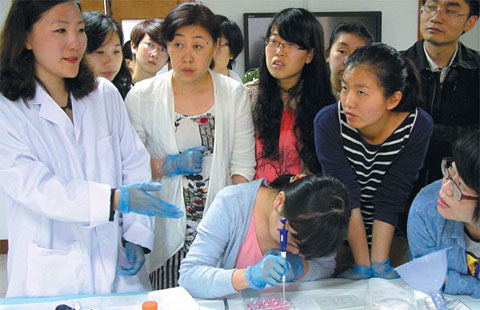
|
Today's Top News
Awards honor Chinatown leaders
US sends wrong message on China
US, China airline market heating up
Asian Americans concerned about bill to change NYC specialized school admissions
Sino-US ties reach new plane as flights expand
US clearly in the wrong over 'human rights'
Opinion: US adrift on China
China, US ink deals on energy efficiency
US Weekly

|

|
